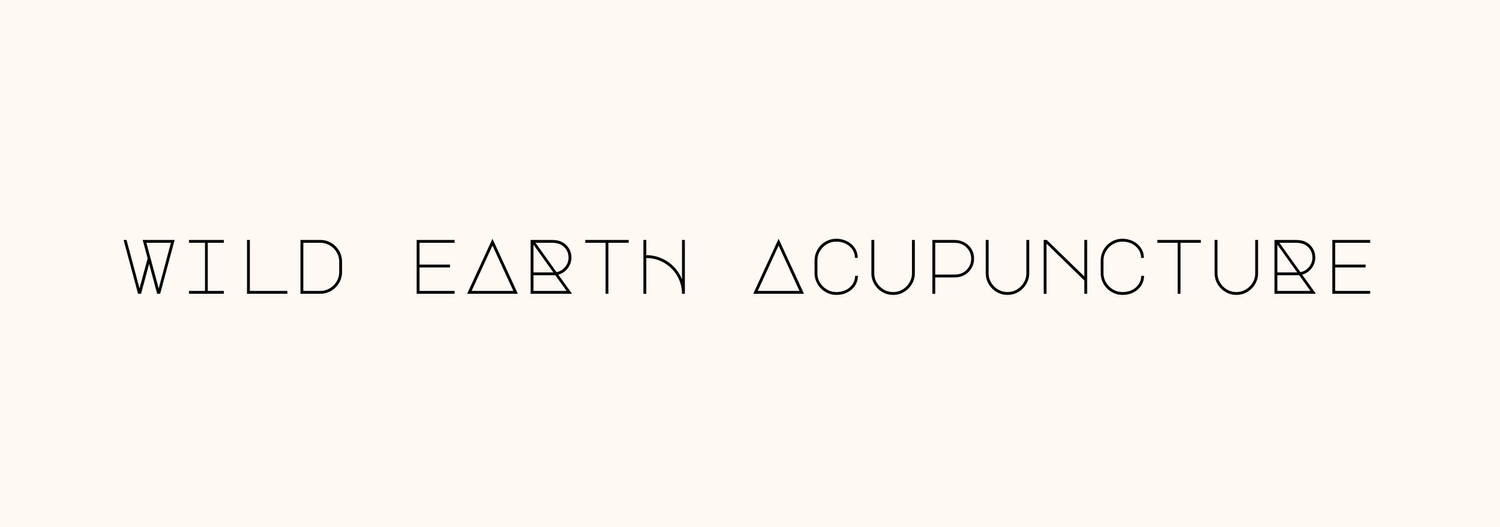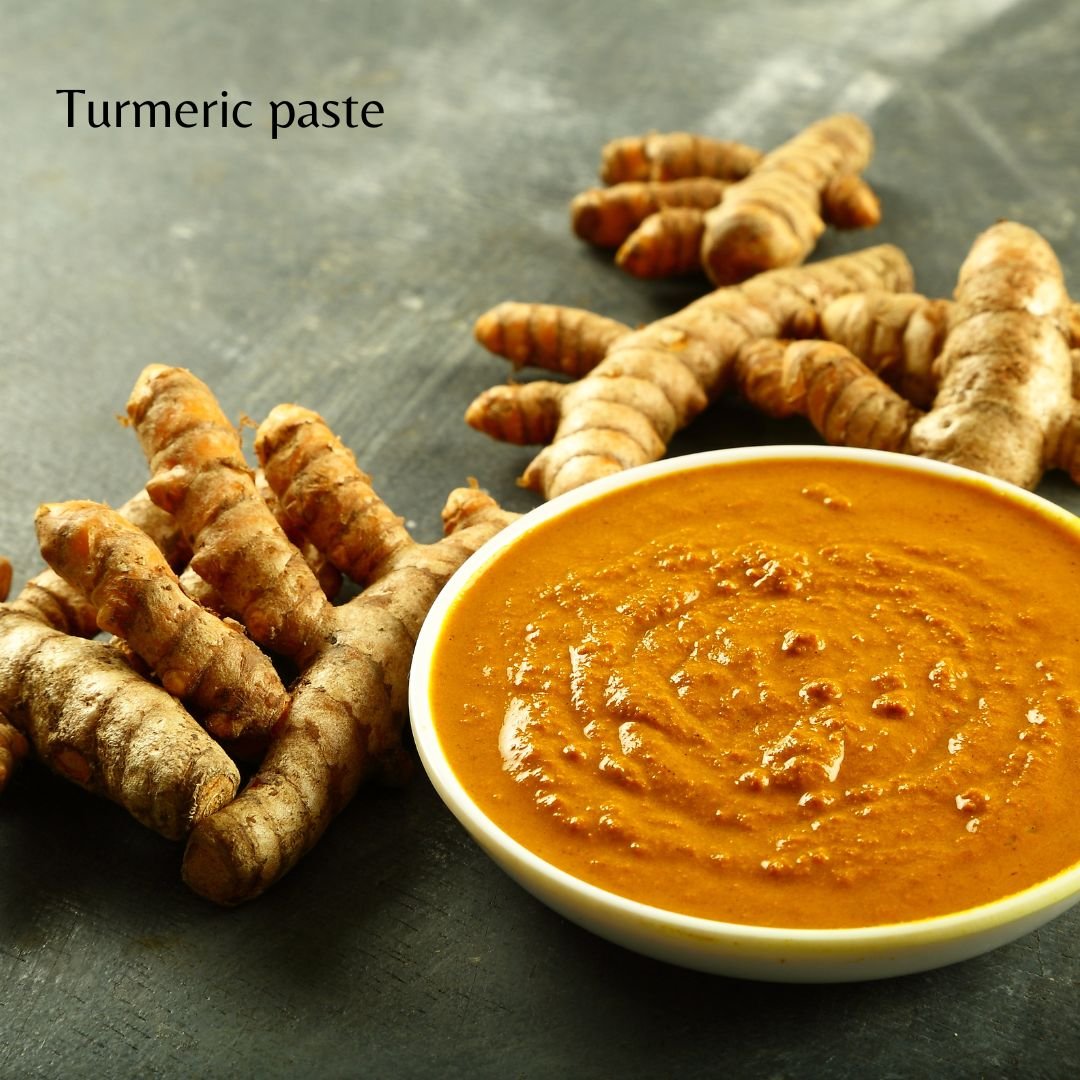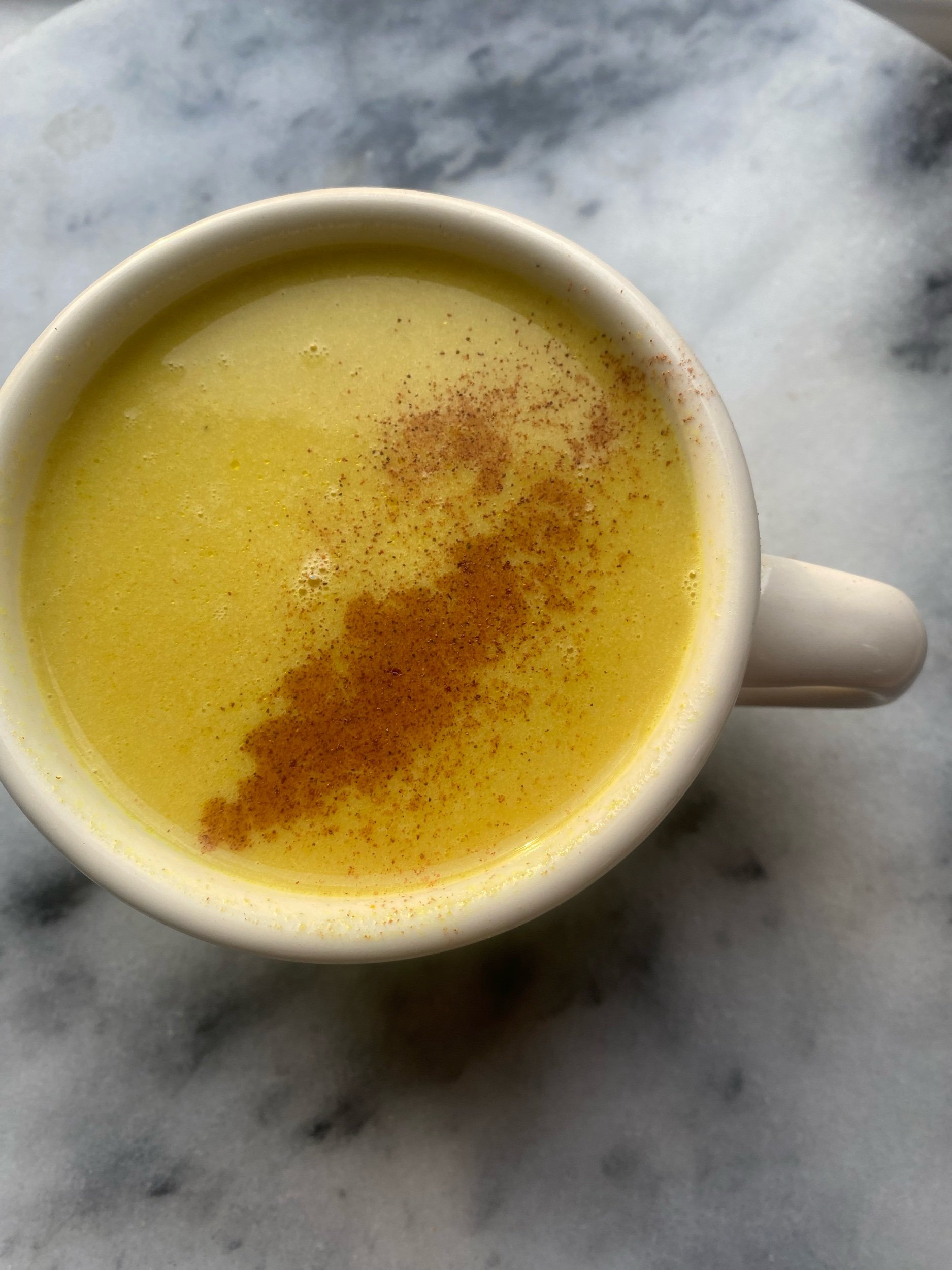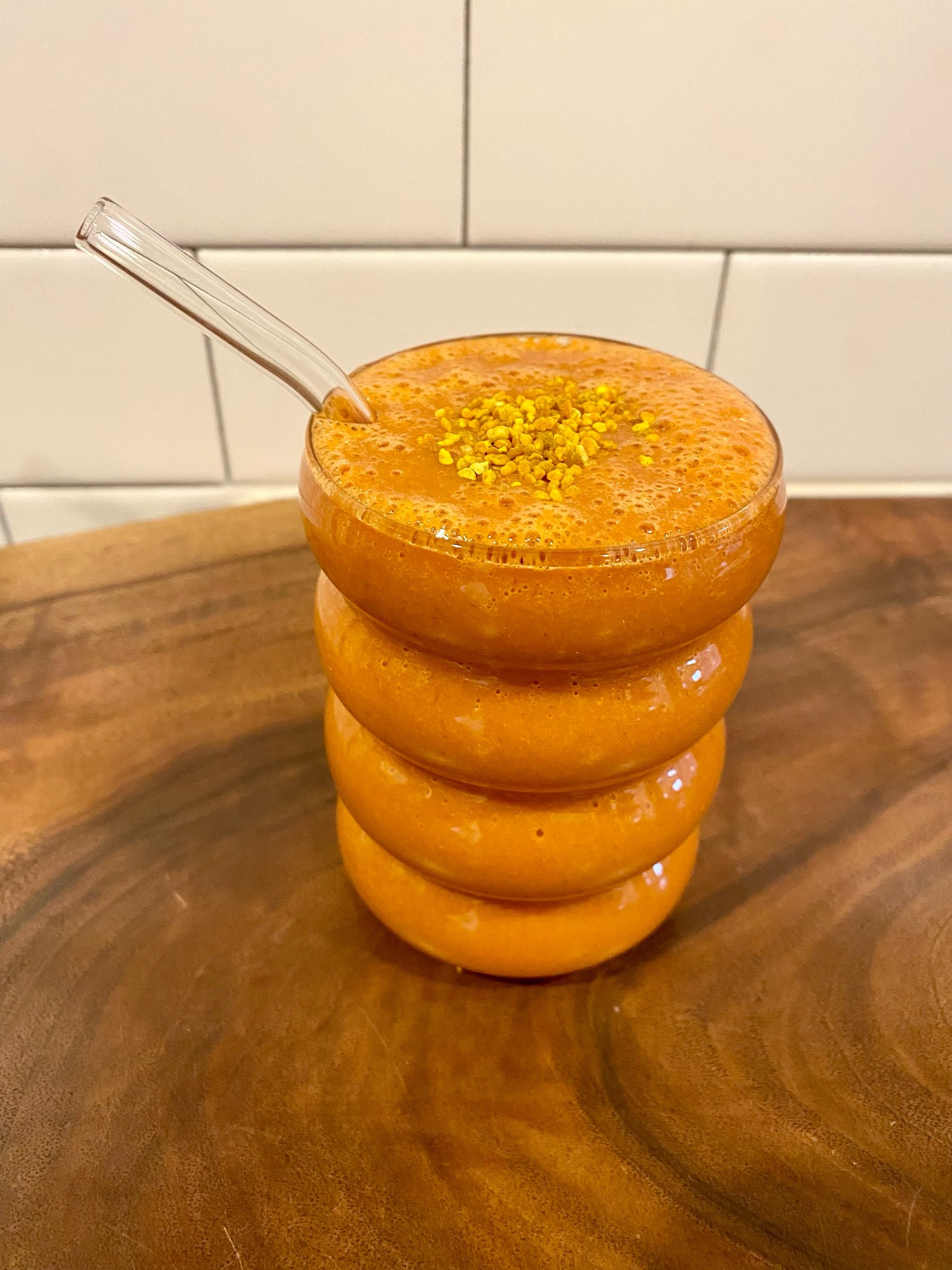Plant Based Sources of B12 for Vegetarians
Plant-based sources of Vitamin B12 for Vegetarians

The vegetarian diet is a healthy dietary choice for many individuals. I believe that diets should be individualized for what the person needs therapeutically and constitutionally, taking into account their values, environment, and origin. Vegetarian diets are very healthy for many people, especially if they are eating mainly plant-based rather than high amounts of processed foods and “meats.”Vegetarianism is not for everyone but once one chooses to eat in this manner they need to be aware of getting enough protein and vitamin B12, also known as Cobalamin. This is quite easy if you know what foods to incorporate more of into the diet. Often people will still need to supplement with a B12 tablet to get adequate amounts into their system.
Vitamin B12 is found in small amounts in dairy products such as milk, yogurt, and cheese, and is also found in high amounts in seafood, the highest being oysters, clams, and mackerel as well as in meats such as beef, organ meats, eggs, and chicken. B12 is also found in trace amounts in vegetables and certain herbs, but plant-based sources that offer the highest amount of the vitamin are seaweed, algae, and nutritional yeast. Foods such as tempeh may also be a source of B12 if it is inoculated this way. The body may be deficient in this vitamin due to food choices, weak digestion, an imbalanced and unhealthy lifestyle, stress, prolonged use of birth control pills, excess antibiotic usage, or poor liver function or disease. Vitamin B12 is a water-soluble vitamin that is essential for health, nervous system support, and the production of red blood cells and DNA.
What is Vitamin B12 Good For?
Red Blood Cell formation and growth
Builds Immunity
Used therapeutically for certain mental and nervous system disorders
Good for energy levels
Helps with allergies
Important during fertility and pregnancy
What are the Possible Signs of Vitamin B12 Deficiency?
Weakness
Fatigue
Diarrhea
Depression
Shortness of breath
Palpitations
Infertility
Mental emotional imbalances
Pernicious anemia
What are Plant-Based Sources of Vitamin B12?
1. Algae and Seaweeds
Algae and seaweeds contain the highest amounts of vitamin B12 in the plant-based diet. Some examples are blue-green algae, chlorella, and spirulina. And for seaweeds Wakame, nori, and kombu.
2. Nutritional Yeast
This is a great way to help supplement the diet with vitamin B12. Nutritional yeast is either grown in an environment that is enriched in B12 or the vitamin is added at the end of its processing. Nutritional yeast grown on sugar beets or molasses, tend to be higher quality and sweeter than the lower grade grown on grains like hops and malt. People with damp presentations or other yeast overgrowth conditions, such as candida, should avoid consuming this in large amounts.
3. Fermented Foods
Food such as miso, unpasteurized sauerkraut, pickles, and sprouts are not only good ways to enrich the diet with vitamin B12 but are also healthy to maintain healthy intestinal flora and a strong digestive system. They are packed with vitamins minerals and prebiotics!

Fermented foods are easy to make and super nutritional!
Disclaimer* The suggestions noted here are not treatments for vitamin B12 deficiencies as many food-based therapies are not strong enough to combat true B12 deficiency, which may be due to the bioavailability of these sources. Please check in with a well-versed health care practitioner when making any dietary changes or working with health imbalances.

These foundational books offer a clear and accessible path into the world of Acupuncture and Chinese Medicine. Whether you're studying to become a practitioner or simply curious about the theory behind the treatments, these titles will deepen your understanding and appreciation for this ancient healing system, one thoughtful page at a time.
The article goes over the best professional massage tables available for acupuncturists, massage therapists or other bodyworkers. A long-lasting and high-quality table is key!
This article explains the basics of abdominal self-massage. It is a great option for increasing self-care, digestive complaints, reproductive issues or low back pain.
Spleen Qi Deficiency is a very common imbalance in Chinese Medicine. This article explains what that means, and what to do about it. It offers lifestyle suggestions as well as food choices, while giving an extensive overview of the theory attached from TCM.
Discover how acupuncture can calm your mind, balance your body, and support lasting relief from anxiety. Learn what to expect in a session, how it works, and why more people are turning to this natural solution for modern-day stress.
By recognizing the manifestations of dampness, identifying its signs and symptoms, and incorporating dampness-clearing foods into your diet, you can work towards restoring balance and promoting overall well-being. This sticle will explain signs and symptoms of Dampness, and offer a few solutions.
This article explains the benefits of cosmetic acupuncture and what t o know if you are also engaging in other aesthetic procedures.
This article explores the mind-body connection in Chinese Medicine, a concept known as the Shen. It helps explains the 5 aspects of the Shen and their links to Organ Systems and meridians.
This article explains the transformative power of the CHIRP Wheel, a unique spinal relief tool designed to prevent excess pressure on the spine while targeting muscles on both sides of your neck and back. It also offers simple steps for a safe and effective experience!
Learn about Kidney Yang Deficiency in Traditional Chinese Medicine, including signs, symptoms, food choices, and lifestyle tips to restore balance and vitality. Discover a warming recipe to support Kidney Yang health.
This article explains the Liver Organ System in Chinese Medicine.. and goes into detail about its functions and importance upon governing the smooth flow of Qi, and hence overall well-being.
This article explains the importance of the fascial network and ways to access it for better health.
Intro to Red Light Therapy (RLT) and its benefits when used in conjunction with acupuncture.
Traveling the world with children is such a rewarding experience, albeit sometimes stressful. Being prepared with natural remedies and a proper first aid kit is essential!
In this article, we dive into the essence of the San Jiao and its significance as three distinct divisions, and one complete system, of the body.
This recipe is for a naturally sweetened elderberry gummy! Easy and delicious.
Tasty and Nourishing Roasted Kabocha Squash Recipe. SO simple and delicious!
This simple receipe for nourishing chicken can easily become a staple in your household!
Fireside tonic has been used in natural medicine to help ward off colds and boost digestion. This article offers an east to follow recipe.
Quick pickles are some of my fav dishes- Heres an easy recipe for pickled Daikon Radish!
This simple tea recipe talks about the benefits of goji, da zao, and longan tea, with an easy delicious recipe for vitality and beauty!
This recipe is for turmeric paste, an amazing way to prepare turmeric to make easy and potent lattes, curries, herbal remedies.
This Refreshing Cucumber Salad with rice wine vinegar offers a perfect balance of tangy, sweet, and savory flavors, with a hint of sesame and garlic for a light yet flavorful side dish.
This recipe is for a quick pickled onion, which makes a delicious and healthy addition to many dishes.
Thie quick recipe makes a delightful gingery spinach side dish to accompany any meal.
Lenore Cangeloso is a Board Certified Acupuncturist, Clinical Herbalist and avid writer based in Southeast Portland.















































Bone broth is valued all over the world for its delicious taste and highly nutritious components. It is rich in vitamins, minerals, collagen, gelatin, keratin and stock full of amino acids. Read on to learn a super easy recipe!